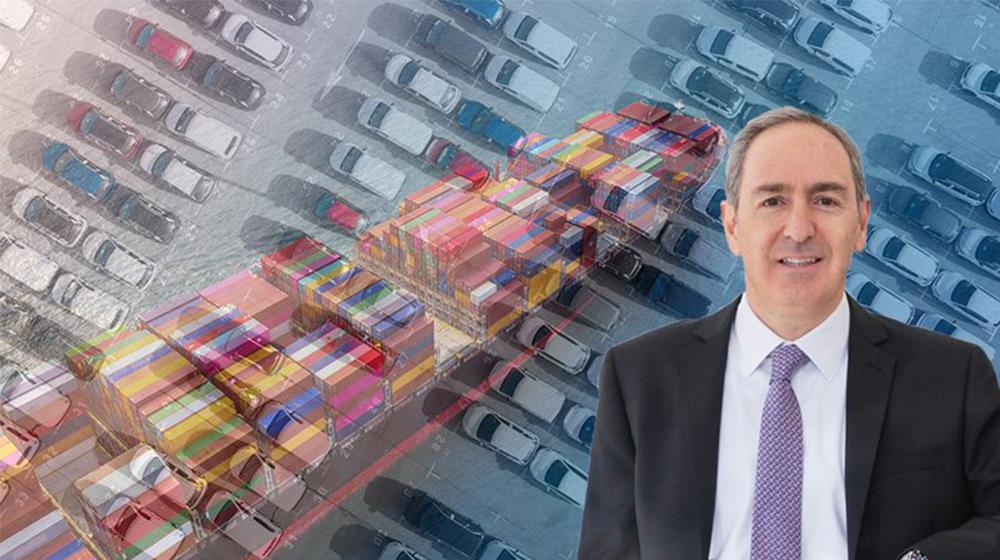Shortages, Central Banks’ aggressive interest rate policies, inflationary pressures on technology and shipping, and delivery delays are the factors plaguing the global automotive industry, while also impacting Cyprus.
The war in Ukraine has brought many negative effects and difficulties to the sector, which, a year on, continue at the same pace and without any positive development. Production has not managed to return to its previous levels anywhere in the world, while technological shortages, for example for semiconductors, also continue.
Speaking to InBusinessNews, Dickran Ouzounian, CEO of Dikran Ouzounian & Co Ltd, the official representative of Toyota & Lexus cars in Cyprus, confirmed the above. He also emphasised the problem with delays in deliveries, which applies globally, and also underlined price increases coming from the factories as they have not been able to cover their expenses from the blow received in previous years.
Asked about the time it takes after an order to receive it, Ouzounian explained that it varies from company to company and model to model, but on average was currently six months or more.
"There are of course exceptions if someone for example orders a model and there was a cancellation earlier, then they will have it sooner. However, for popular models and categories, the waiting time can be over 12 months. The same applies to electric vehicles," he explained.
Unstoppable price increases...
At the same time, Ouzounian mentioned price increases, which he described as unstoppable.
"The big increases were last year, but these pressures continue as factories have not covered all their costs yet," he stressed.
Explaining further, Dickran Ouzounian indicated that the price of iron had doubled and the lithium used in hybrid and electric batteries had seen a 1000% increase, while at the same time, shipping more than doubled in cost.
"Car prices couldn't more than double but they have slowly gone up, and that's something that's still happening," he added.
The impact of interest rates
Consequently, the above combined with interest rate increases that make it difficult for the consumer to borrow from the bank, also have had a significant negative impact on the car market.
In particular, Ouzounian talked about a change in the psychology and behavior of consumers, since the current circumstances were not on their side.
"In the past, it was easier for people to proceed with orders and generally the orders were at quite good levels, but now we feel that the market is struggling. In a way, the psychology of buyers has changed and various concerns about the banking system are in the foreground, which has led people to think more conservatively," said Ouzounian.
Although there is a great concern due to the high interest rates in general, Dickran Ouzounian indicated that there is also a portion of the clientele that at such times prefers to purchase a car, rather than having the money in the banks.
Demand levels
A positive fact is that car purchases in the first two months of 2023 was slightly higher compared to last year, even if these also concerned orders of the previous year, the deliveries of which were delayed.
Ouzounian estimates that 2023 will move at a better pace than last year. But in relation to this year's demand, it seems to be reduced. As he noted, new orders for the first quarter of 2023 are noticeably lower.
"Let's go electric"
Despite increased interest rates and inflationary trends, the sector is generally still moving as people need cars.
The CEO of Dikran Ouzounian & Co. Ltd. wanted to send the message that electrification is the future of the automotive industry, since, among other things, it contributes to the reduction of pollutant emissions.
"We will have to switch to electrification. In addition to the fact that it will become mandatory in the future, electric mobility has more safety systems and reduced emissions, which certainly helps the environment and public health... That's where we should be headed,” he concluded.









